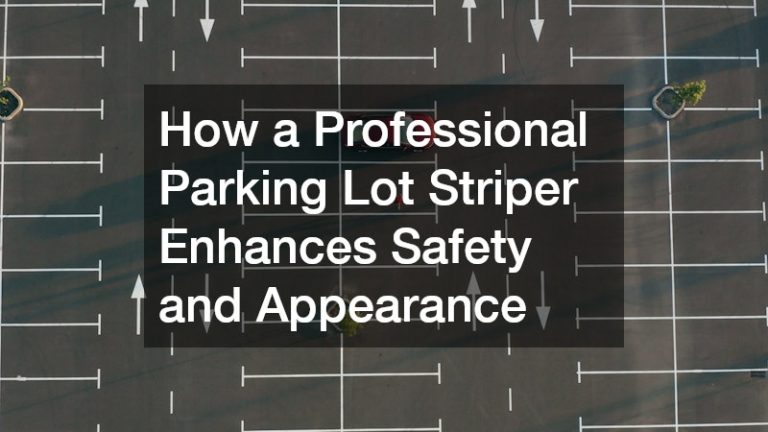
Is choosing an arbitrator easy? No it isn’t. It is an open secret that the legal profession is one of the most complex professions there is. This means that some disputes in this field are not always resolved as it is the norm. In some instances, parties in the dispute are allowed to propose arbitrators to help in arbitration-which is considered as an alternative dispute resolution mechanism. In the process, the parties involved are allowed two nominate a member each and the nominated members appoint a chairman. Whether you are dealing with an attorney malpractice issue, contract disputes, commercial employment dispute or a complex civil litigation, choosing an arbitrator is one of the things you never want to gamble with. Some knowledge regarding how arbitration works can greatly help you choose the right person. For starters, you need to understand that there are no strict rules or procedures in arbitration. This means that the selected parties are only there to ensure that the process is expeditious and cost-effective. The award should also be fair to all the parties involved. This means that a successful arbitration lies squarely on how good the arbitrator is. But how do you go about choosing the right arbitrator for complex civil litigation?
Start with the Recommendations
Before identifying the right arbitrator for a complex civil litigation, start by asking for recommendations and references from other sources. Word of mouth has over the years proven to be one of the best sources of recommendations on various professions. Friends and colleagues can help you identify a good arbitrator for your complex civil litigation. You might even be lucky to find one who has previously dealt with a case that is similar to yours. Legal firms also tend to keep a list of qualified arbitrators and would make a good reference point. Remember, you are looking for someone with a good reputation in solving complex civil litigation. Other sources and institutions you can consult when searching for an arbitrator include arbitral institutions. In most cases, the list of qualified arbitrators from arbitral institutions is never made public. This means that you can only access this information if you are using the institution. The Chartered Institute of Arbitrators also keeps a list of qualified arbitrators based on their geographical location. Recommendations go a long way in ensuring that you find the right arbitrator. There is the likelihood that despite finding someone qualified, the person might not be the best suited for your case. You also need to take into consideration the fact that there little room for recourse in arbitration. Once the award is made, the case is considered closed unless there are special circumstances that might lead to a reversal of the outcome.
Specialized Legal Background is Crucial but not Mandatory
Whereas it is common for people to choose professionals with some legal background in arbitration, this should not always be the case. Of course someone with formal legal education will give you an upper hand in the dispute especially commercial and international disputes. However, there are certain issues that require a person who is knowledgeable of that profession to arbitrate the matter. For example, a complex civil litigation involving intellectual property-especially if it’s a design-based dispute would be best handled by an engineering profession. The technical knowledge surrounding product innovations would require someone who understands the product-based patents among other things and not just a legal background. The good news is that the legal profession as we know it today has seen a lot of specialization. Unlike in the past where you could hire a general lawyer to litigate matters touching on almost anything, nowadays you can find a good attorney who specializes in your type of dispute.
Expert Tip
Other than saying that the arbitrator should be impartial, there are no clear rules on the kind of background or experience that the arbitrator should have. This is what makes it challenging for most people to choose the right arbitrator. However, due diligence coupled with a few additional factors such as the cost of arbitration, personal qualities of the arbitrator and experience can go a long way in helping you find the right arbitrator for complex civil litigation.



